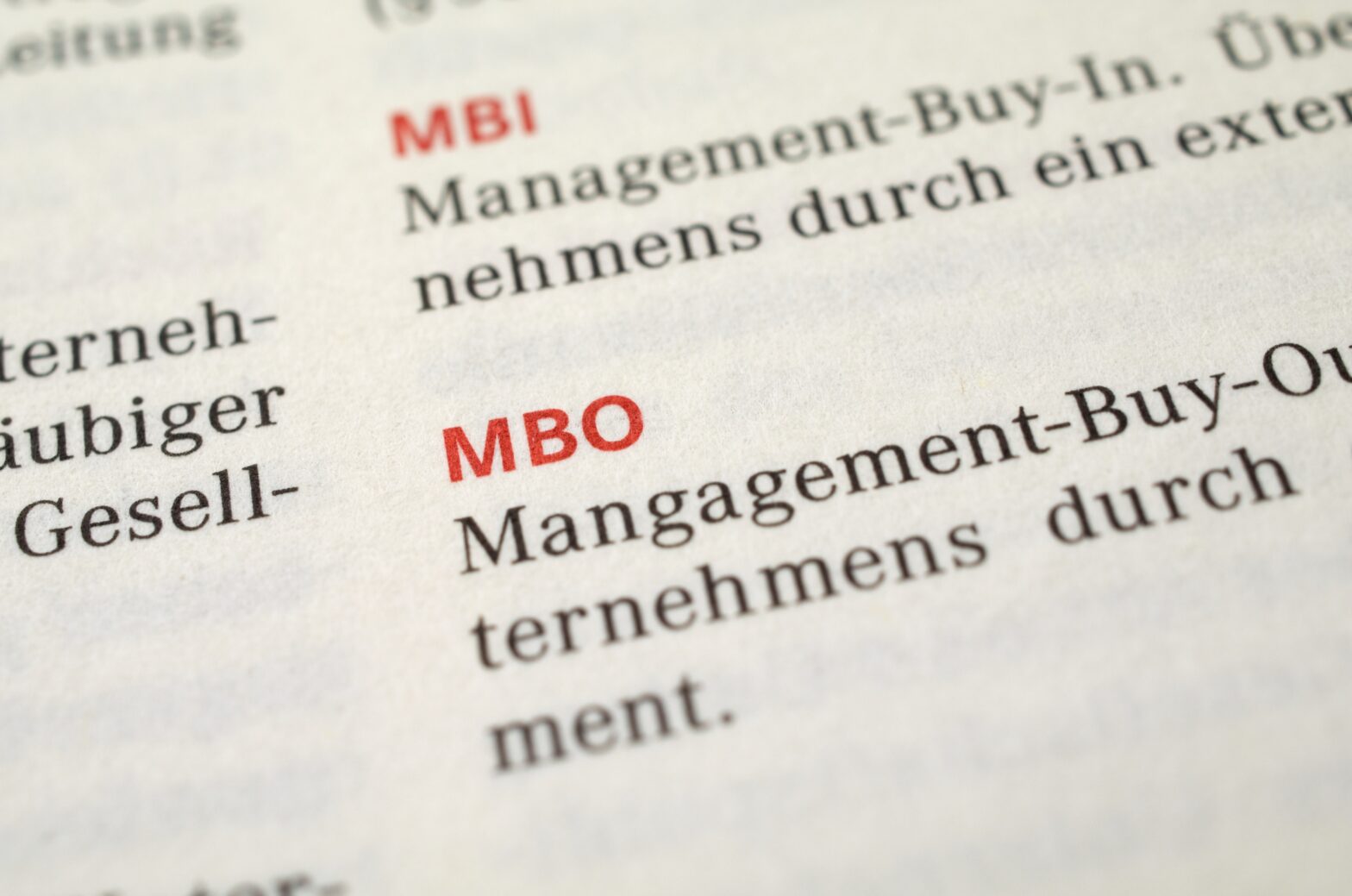When Marilyn Stowe wanted to realise her investment in the UK’s largest family law firm, Stowe Family Law, which she had built up over 30 years, passing it to the management team was the best option for everyone.
Marilyn Stowe was able to successfully exit at the right time and be sure her legacy was protected. Following the management buyout (MBO) in February 2017, Stowe Family Law continues to thrive under the leadership of Charles Hartwell with a great team offering exceptional service and Marilyn knows it’s in safe hands.
However, overall MBOs seem to be in decline. Over the last ten years, the percentage of private equity deals classified as MBOs has dropped from 24 per cent to 8 per cent- from 247 in 1996 to 66 in 2015. The value of these deals has also been in decline: MBOs made up 56 per cent of the value of private equity deals in the UK, and in 2015 it had fallen to 34 per cent.
Why the decline in MBOs?
There are several possible reasons for the decline. Corporate Britain has tidied itself up since the 1980s, the heyday of MBOs. There are therefore now fewer conglomerates and less need for corporates to divest non-core business units – so fewer secondary MBOs.
In addition, the market is more intermediated. Owners of successful businesses are approached more frequently by potential buyers, brokers and corporate finance advisers, and are more savvy about their options than they might have been 30 years ago.
And, although leverage levels have recovered since the 2008-2010 recession, it still feels like there’s less debt available than before the financial crisis. Even banks tend to want equity when they back an MBO these days.
One could also speculate that vendors today are becoming less sentimental about protecting their management team. Perhaps they’re more focused on the bottom line – and may think they can get more money by selling to trade.
MBOs can be in a founder’s best interest
However, this perception – that MBOs are somehow kinder but less lucrative – is often inaccurate. MBOs can have tangible advantages over other exit options.
It may be that the management team is able to realise the founder’s vision in a way that outsiders will not. The alignment in goals between investors and management should create a strong platform for growth.
In addition there may also be a financial advantage for the founder. It’s misleading to suppose that MBOs always sacrifice the owners’ interests to those of the management team. In fact, the incumbent managers may pay a higher price (and after a shorter negotiating period) than trade acquirers. This is because they already understand the business and its potential, and have a realistic view of the risk. In contrast, other prospective buyers would have to learn about the business from scratch, and might be over-cautious in estimating potential risks.
A further potential advantage for owners is the ability to time the deal to suit themselves. An MBO may be feasible at times when potential trade acquirers are hard to find, perhaps because it’s the wrong point in the economic cycle. For example, when Livingbridge backed an MBO at Red Box recorders in 2013, a trade buyer would not have offered the best results. However, the time was right for the owner and the management team, and three years on the business is in great shape.
Making MBOs work
If you’re considering a management buyout in years to come, it makes sense to seek advice well ahead of the process. Ultimately it’s important to ensure that the economics and process work well for all parties and both the ownership and leadership of the business are set up to best position it for continued growth.
Benoit Broch is a director at mid-market private equity firm Livingbridge.






